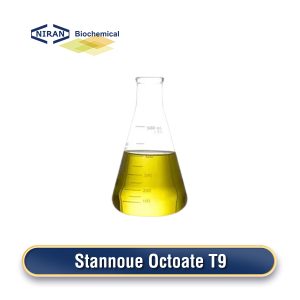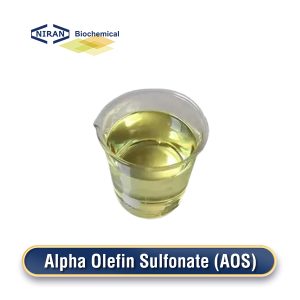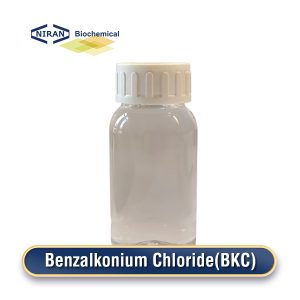Silicone Emulsion
- CAS Number: 2035064-87-8
- Chemical Formula: (C6H18OSi) n
- MOQ: 1000KG
- Shelf Life: 2 years
- Synonyms: Silicone Dispersion, Silicone Fluid Emulsion, Polydimethylsiloxane Emulsion (PDMS Emulsion), Silicone Microemulsion
Product Description
What Is Silicone Emulsion?
Silicone Emulsion is a water-based dispersion of silicone oils, commonly polydimethylsiloxane (PDMS), stabilized with emulsifiers like nonionic or anionic surfactants. It is widely used in industries such as personal care, textiles, automotive, and coatings for its water-repellent, lubricating, and softening properties.
Preparation Method:
- Ingredients: The main components include silicone oil (PDMS), water, and emulsifiers (nonionic, anionic, or a blend of both).
- Emulsification: The silicone oil is mixed with the emulsifiers, then water is slowly added under high shear mixing. The silicone is thereafter dispersed evenly throughout the water after being broken up into tiny droplets.
- Stabilization: Homogenization ensures uniform particle size, enhancing the emulsion’s stability.
- Adjustment and Filtration: The pH may be adjusted for optimal performance, and the emulsion is filtered to remove impurities.
Related Parameters:
| Item | Standard |
| Appearance | Milk white liquid |
| Solid Content % | 58-68 |
| pH | 7.0-8.0 |
| Ionicity | Anionic |
Recommended Dosage of Silicone Emulsion:
| Applications | Dosage |
| Personal Care Products | 0.5% – 5% |
| Hair Conditioners | 1% – 3% |
| Shampoos | 0.5% – 2% |
| Skin Creams & Lotions | 0.5% – 3% |
| Textile Finishing | 1% – 3% |
| Automotive Polishes | 0.5% – 2% |
| Industrial Lubricants | 1% – 5% |
| Coatings & Paints | 0.5% – 2% |
Silicone Emulsion Has Wide Range of Uses:
1. Personal Care and Cosmetics
Shampoos and Conditioners: Silicone emulsion is used to provide smoothness, shine, and frizz control for hair. It enhances the texture of the hair while making it easier to manage.
Skin Care Products: Because it may provide a smooth, silky texture and improve skin feel, it is utilized in moisturizers, lotions, and creams. Additionally, it assists the skin in forming a barrier that retains moisture.
2. Textile Industry
Fabric Softener: Silicone emulsions are widely used in fabric softeners to impart a soft, smooth feel to fabrics and reduce wrinkles. They also provide water repellency.
Textile Coatings: It is applied to fabrics to improve their durability, water resistance, and to enhance their softness without affecting breathability.
3. Automotive Industry
Polishes and Wax Products: Silicone emulsions are used in car waxes, polishes, and protectants for their ability to provide a glossy finish and water resistance to surfaces, such as paint and tires.
4. Industrial Applications
Lubricants: Silicone emulsion is used in industrial applications like lubrication for machinery, providing low friction and high resistance to wear.
Coatings: In industrial coatings, silicone emulsions are used to provide water resistance, durability, and smooth finishes, making surfaces easier to clean.
5. Agriculture
Crop Protection: Silicone emulsions are sometimes used in agricultural formulations as adjuvants to improve the spreading and wetting properties of pesticides and herbicides, enhancing their effectiveness.
User Asked Question:
Q: What is the difference between anionic and nonionic silicone emulsions?
A: In contrast to nonionic emulsions, which are charge-free, anionic emulsions are negatively charged. Nonionic emulsions are typically more stable and less likely to irritate sensitive skin.



